LE CORNELLE
Wolf-proof fence
The Tuscan-Emilian Apennines National Park has set up a permanent inter-regional wolf management centre, known as the Wolf Apennine Center (WAC), with the aim of helping local authorities deal with issues associated with the presence of these animals, who are protected under Italian Law No. 357 of 1997.
As to distribution, Azienda Agricola Le Cornelle serves the local market, with a sale price of approximately €18 per kilogram: “We will sell to the public only from our shop. We have already contacted the local restaurant owners to supply them with pecorino and ricotta cheese. We do not plan to attend farmers’ markets or similar events, as it would be too time-consuming. We are looking into developing a website and start an e-commerce activity”.
Every two days, Giuliano works the milk, which, during the first half of July, the time of highest production, amounts to at least 60 litres. Pecorino cheese is made from raw milk, with the temperature never exceeding 36 degrees Celsius. “I use calf rennet, so as to make sure that the cheese does not acquire a piquant flavour” explains Giuliano. 11 litres of milk make 2 kilograms of pecorino and one kilogram of ricotta. However, it should also be taken into account that each cheese wheel loses about 27-28% of its weight during the maturing phase. Yield is still high, though, thanks to the animals’ grassland rearing and entirely natural diet. The pecorino cheese made at le Cornelle is a symbol of biodiversity, a sort of cheese manifesto for this area, which is recognised by the United Nations Educational, Scientific and Cultural Organisation (UNESCO) as a Biosphere Reserve (Apennines MAB). Every day, Giorgio and Giuliano Gabrini carry forward the legacy of their grandfather, doing exactly what the MAB Objective states: “to conserve and renew the historically balanced relationship between people and their environment, defending and promoting high-quality agricultural practices and food products”.
Raw milk
“Raw milk transfers the aromas and scents of local grasses and flowers into the cheese, giving value to the work of the shepherds and the manual skills of the cheese makers” explains Slow Food, which – with its event Cheese – works to promote a culture of natural cheeses, made directly from raw milk. Unfortunately, the use of this production method is made more complicated, or even forbidden, in some countries. The European Union authorises raw milk cheese production, but the related directives leave space for interpretation, allowing some Member States to make things difficult for those producers who are keen to use only natural methods, without resorting to thermal treatments. The Pecorino dell’Appennino Reggiano cheese – the one made by Giuliano Gabrini in his workshop – is already included in the Arca del Gusto list of the Slow Food Foundation for Biodiversity.
